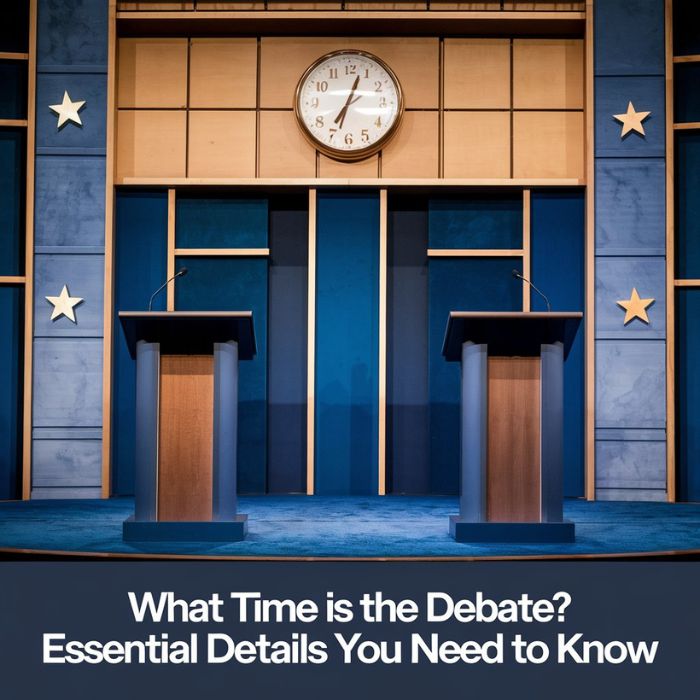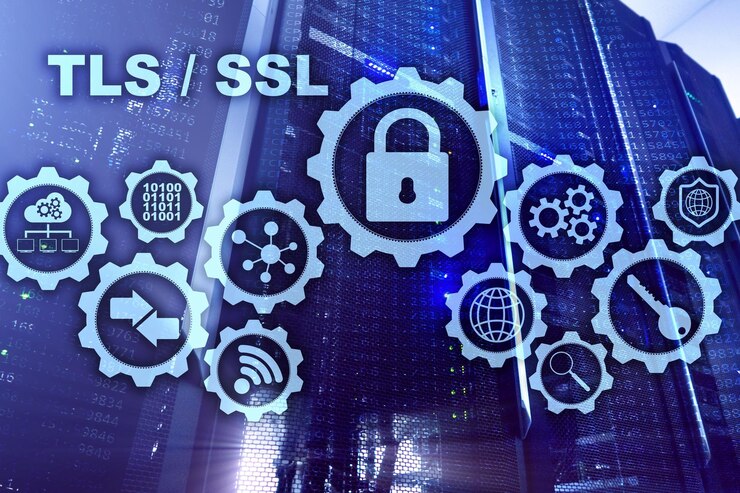The anticipation of a heated debate is often coupled with the pressing question on everyone’s mind—What time is the debate? Whether it’s a political showdown or a lively academic discourse, missing the timing can mean missing key moments that shape the outcome. Let’s dive into how to keep track of debate schedules, the importance of tuning in on time, and additional insights into why this timing matters so much in today’s media landscape.
Understanding the Importance of Debate Timing
When it comes to live debates, timing is everything. Audiences across the globe tune in not only to see the candidates or speakers but also to gauge their responses in real-time. Missing just a few minutes can alter your perception of the discussion, as critical points are often made in the opening statements. This raises an important question: how can you ensure you’re watching right from the start?
Where to Find Accurate Debate Timings
With numerous media outlets and online platforms covering debates, it’s essential to verify the exact time through trusted sources. News channels, official debate websites, and event organizers usually publish the correct times well in advance. Be sure to account for time zones, especially if the debate is happening internationally.
Top Tips to Stay Updated:
- Check Multiple Sources: News apps, official social media accounts, and even live TV coverage are great for double-checking the exact timing.
- Use Time Zone Calculators: Global events often lead to confusion regarding local airing times. Online tools can help you convert the listed time to your local zone.
- Set Reminders: Many streaming platforms and news websites offer reminder services, so you’re notified just before the debate starts.
The Impact of Debate Timing on Viewership
Televised debates, especially in the political arena, are strategic when it comes to timing. Peak viewership hours are often chosen to maximize engagement. For instance, prime-time slots, usually between 8:00 p.m. and 10:00 p.m., are ideal for ensuring that most working adults can tune in. This increases the likelihood of active participation, social media discussion, and even real-time fact-checking.
Debates held outside of these hours, however, often have lower viewership, which can influence public perception. This is why political campaigns and media outlets work hard to ensure their debate is scheduled during a time that draws the largest audience.
Why Missing the Debate Start Matters
The opening moments of a debate often set the tone for the entire event. Initial statements give candidates or speakers the opportunity to define the narrative, address key issues, and outline their stance on hot-button topics. Arriving late can mean you miss this critical context, making it harder to interpret later arguments accurately.
Additionally, moderators usually establish the rules and format early on. If you’re unfamiliar with these guidelines, it may be challenging to follow the flow of the discussion or understand the constraints each speaker is under.
Debate Formats and Their Effect on Timing
Different types of debates come with their own unique formats, and this can affect how long they run and when certain segments air. For instance:
- Presidential Debates: Often broken down into thematic segments with predetermined times for responses and rebuttals.
- Academic Debates: These can vary significantly in length depending on the topic, the number of participants, and the complexity of the subject matter.
- Panel Discussions: Often feature multiple speakers, leading to extended debate times and potential schedule shifts.
Knowing the format ahead of time helps manage your expectations regarding how long the debate will last and when to expect key points.
What Time is the Debate: Current and Future Events
If you’re looking forward to a specific debate, like an upcoming political clash or a critical policy discussion, it’s crucial to stay on top of any last-minute changes. Debate times can shift due to unforeseen circumstances such as:
- Scheduling Conflicts: Often, debates must adjust due to other major events that could detract from their audience.
- Technical Issues: Especially for live-streamed debates, technical problems may delay the start time.
- Time Zone Confusion: When international figures are involved, there can be miscommunication about the correct local time for the audience.
Global Debate Timings: What You Should Know
As debates grow more global, time zone differences can create confusion. If you’re following an international event, like a global summit debate, it’s vital to:
- Use Reliable Time Zone Conversion Tools: Several apps allow you to enter the event time in one zone and view it in your local time.
- Check Streaming Options: Often, international debates are available to stream after the live broadcast, giving flexibility to those in different time zones.
- Verify Re-air Times: Many networks will replay debates at a more convenient hour for local audiences. If the debate is scheduled for 3:00 a.m. your time, you can still catch a replay during regular viewing hours.
Debates in Different Sectors: Political vs. Academic vs. Media
Not all debates are created equal, and the timing strategies vary greatly between sectors. For example, political debates are often timed to coincide with elections or important policy decisions. These debates are usually in prime time to ensure maximum viewership. In contrast, academic debates are often more flexible in terms of timing and are tailored to specific audiences, such as students, educators, or researchers.
Media debates or panel discussions also play by different rules. Often scheduled around the release of major news stories or events, these debates may air during off-peak hours and are often repeated or summarized in news cycles the following day.
Why Timely Attendance Can Shape Perceptions
In the age of social media, the importance of tuning into a debate on time cannot be overstated. First impressions are crucial, and missing the early exchanges can lead to a skewed understanding of the entire debate. Social media platforms like Twitter and Facebook often light up with reactions in real time, and joining the conversation late can result in misinformation or partial context.
Moreover, many viewers form their opinions within the first few minutes, and missing this can lead to an incomplete understanding of the candidates’ positions or the key points in question.
Why ‘What Time is the Debate’ is a Common Question
In today’s fast-paced world, people are juggling multiple responsibilities and commitments. Missing a debate might seem insignificant, but these events often shape public opinion, making them crucial in areas like politics, education, and global affairs. Thus, the urgency behind the question “What time is the debate?” speaks to the need for timely, accurate information.
How to Stay on Top of Debate Timing
To avoid missing critical debates in the future, consider the following tips:
- Subscribe to Event Alerts: Many platforms allow users to receive notifications about upcoming debates.
- Use Scheduling Tools: Sync your calendar with the official debate time to ensure you don’t miss it.
- Leverage Social Media: Twitter, Facebook, and Instagram are great platforms to follow for updates and reminders on debate timings.
FAQs
What time does the debate usually start?
Debate start times vary depending on the event and the audience. However, major political debates tend to air during prime time, typically between 8:00 p.m. and 10:00 p.m. local time.
Where can I find the official time for the debate?
The official debate time is often published by the organizing committee, event sponsors, or major news outlets. Checking multiple trusted sources can ensure you have the correct timing.
Can debate times change at the last minute?
Yes, debate times can change due to unforeseen circumstances such as scheduling conflicts, technical issues, or other major news events. Always double-check right before the debate.
Why is it important to watch a debate from the start?
Watching from the start ensures you get the full context of opening statements, which often set the tone for the entire debate. Missing the beginning can skew your understanding of the discussion.
How can I convert the debate time to my time zone?
You can use online time zone conversion tools or apps to ensure you have the correct local time for the debate.
What should I do if I miss the debate?
If you miss the live broadcast, most major debates are available for replay on streaming platforms or news websites shortly after the event ends.
Conclusion
Timing plays a pivotal role in the impact and reception of debates, making the question “What time is the debate?” one of paramount importance. Staying informed and prepared ensures that you don’t miss a moment of these critical exchanges, allowing you to fully engage with the topics at hand. With the right tools and a bit of planning, you’ll never have to wonder about debate timing again.











